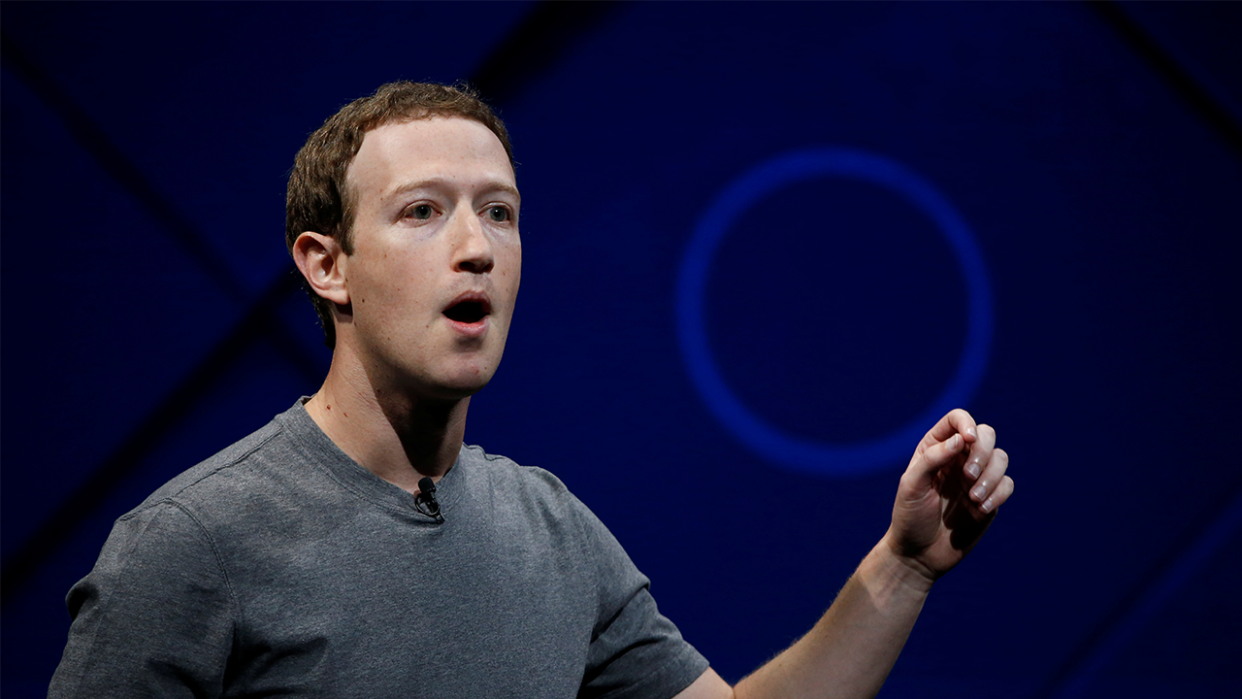Dead people ‘will outnumber the living on Facebook’, and it could be a problem

In the not too distant future, Facebook profiles for dead people will actually outnumber the living people on the site, a new study has suggested.
Within 50 years, Facebook will be like a digital graveyard, containing hundreds of millions of people – and it raises important questions over who owns the data of the dead, the researchers said.
Analysis by the Oxford Internet Institute suggested, based on 2018 user levels, at least 1.4 billion members will die before 2100.
That means the dead could outnumber the living by 2070.
If Facebook continues expanding, the number of deceased users could reach as high as 4.9 billion before the end of the century.
Lead author Carl Öhman said, ‘These statistics give rise to new and difficult questions around who has the right to all this data, how should it be managed in the best interests of the families and friends of the deceased and its use by future historians to understand the past.
Read more from Yahoo News UK:
Inspiration for Winnie the Pooh’s 100 Acre Wood on fire
Nigel Farage tells US audience Oldham has streets split by race
Met Office says no bank holiday heatwave
‘On a societal level, we have just begun asking these questions and we have a long way to go. The management of our digital remains will eventually affect everyone who uses social media, since all of us will one day pass away and leave our data behind.
‘But the totality of the deceased user profiles also amounts to something larger than the sum of its parts. It is, or will at least become, part of our global digital heritage.
Co-author David Watson, also a DPhil student at the OII, explained: ‘Never before in history has such a vast archive of human behaviour and culture been assembled in one place.
‘Controlling this archive will, in a sense, be to control our history. It is therefore important that we ensure that access to these historical data is not limited to a single for-profit firm.’


